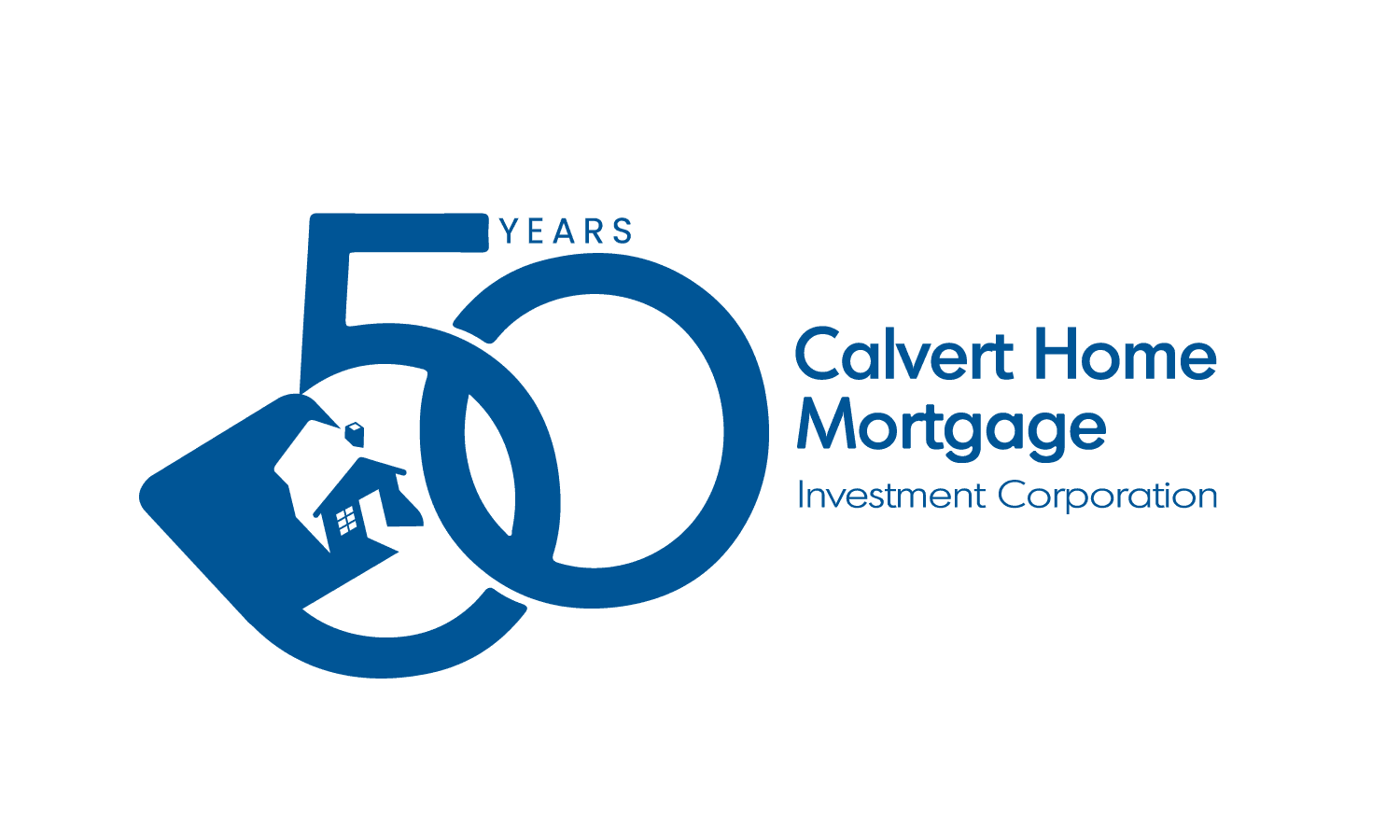The Liberal government proposed changes to capital gains taxes in the budget, along with the release of a 28-page plan called “Solving the Housing Crisis.”
We’ve dug into the details of the Federal Budget and the Housing Plan, looking at the impact on those in the business of building and renovating homes and rental properties. This is our look at the proposed capital gains changes. Find out more here about the 2024 Federal Budget’s Housing Plan.
Capital Gains Changes in the Federal Budget
Federal Budget 2024 had potential bad news regarding capital gains for real estate investors. Capital gains are any profit you make when you dispose of capital assets. Let’s say a house that is not the owner’s primary residence was bought for $200,000 and sold for $300,000. The $100,000 profit is considered capital gains.
Currently, one half of a capital gain is included in computing a taxpayer’s income. This is referred to as the capital gains inclusion rate. In our example the seller would be taxed on $50,000 of the profit.
In the 2024 Federal Budget, the Federal Government announced plans to increase that annual inclusion rate for capital gains, with a slight difference between what’s taxed for individuals versus tax rates for corporations and trusts:
- For individuals, the capital gains inclusion rate will jump from one half to two thirds on the portion of capital gains realized in the year that exceed $250,000. That means for the first $250,000 in capital gains, an individual taxpayer would continue to pay tax on 50 per cent of the gain. For every dollar beyond $250,000, 66.67 percent would be taxable.
- For corporations and trusts, the inclusion rate will increase from one half to two-thirds for all capital gains.
The new rules will apply to capital gains realized on or after June 25, 2024.
What does this capital gains tax change mean for real estate investors? When an investor disposes of a property, the money is received all at once. That’s different from selling shares of a company, for instance, which can be done over multiple years.
For individuals, the increase to 2/3 or 66.67% is only on gains over $250,000 in a single year. But that won’t be the case for corporations.
Who Does This Impact?
The capital gains tax changes will apply to secondary residences, including rental properties, vacation homes, and homes that families are holding for their children.
Here’s what it means for our clients:
- Flippers: Those who buy, renovate and sell. Most of our Flipper clients will not be impacted by these capital gains changes as their profit is taxed as business income. Business income is treated differently than capital gains tax, and we recommend speaking to your tax accountant about your specific situation.
- BRRR Investors (Buy, Renovate, Rent, Refinance): Those who buy, renovate and sell/refinance are impacted differently depending on the situation. It’s crucial flippers seek third party advice and understand the difference between ‘business income tax’ & ‘capital gains tax’ if you invest in a Corporation:
- If your profit is taxed as business income, you will not be impacted.
- If your profit is taxed as capital gains, these changes will apply to you.
○ If you bought in a corporation, you will now be taxed 2/3 on the full profit.
○ If you bought in your personal name, you will be taxed 1/2 up to $250,000 profit and then 2/3 after that.
Let’s do the math using an example of a rental property that was bought in someone’s personal name for $200,000 and sold 10 years later for $500,000. The profit of $300,000 is considered capital gains. Please note that we are not accounting for any tax deductions in this example.
Capital Gains Tax Calculation (Personal):
Under the proposed new rules, the capital gains inclusion rate increases from one-half to two-thirds for individuals, but only for the portion of capital gains exceeding $250,000. Here’s the breakdown:
- 1/2 of the first $250,000 = $125,000
- 2/3 of the remaining $50,000 = $33,333
Total Taxable Capital Gains (Individual):
- $125,000 + $33,333 = $158,333
Corporate Ownership (General Corporate Tax Rate):
Assuming a general scenario where the entire profit is subject to capital gains tax with a two-thirds inclusion rate:
- 2/3 of the entire profit of $300,000 = $200,000
Summary of Outcomes:
- Personal Total Taxable Capital Gains: $158,333
- Corporate Capital Gains: $200,000
As a result, you might consider this when deciding whether to operate in a corporation or under your personal name. And since this is an annual tax amount, you might consider that in your strategy when you sell your properties.
Please note that this is NOT tax advice. Consult your tax advisor for guidance specific to your financial situation. Since earnings are interest income, each of these options has different implications for tax planning and investment strategy.
Investors should consider their overall financial situation and objectives and consult with a tax professional to optimize their tax outcomes based on their specific circumstances.
The Bottom Line
The proposals in the 2024 Federal Budget and the Liberal Government’s Housing Plan could impact real estate investors, homebuilders, and rental property owners. The exact impact of some of those proposals is unclear, but as it stands, most of our clients will not be impacted by the new rules as they flip properties and their profits are taxed as business income, not capital gains.
The tax changes are complex. It’s important to work with an accountant who specializes in working with investors. This way the best strategy can be determined for your unique situation.
We’ll continue to monitor changes that affect our clients. If you’d like to learn more as a Real Estate Investor, subscribe to our new podcast, Real Estate and Wealth, and stay tuned for an in-depth analysis with a tax accountant in one of our upcoming episodes. We will also be creating a follow up to this article with more in depth information on the implications from the perspective of a tax accountant, so keep an eye out for that.
Calvert Home Mortgage Investment Corporation is an alternative lender in Alberta and Ontario that supports real estate investors. Contact one of the experienced Calvert underwriters for more information on how the 2024 budget and housing plan will impact the real estate market.




